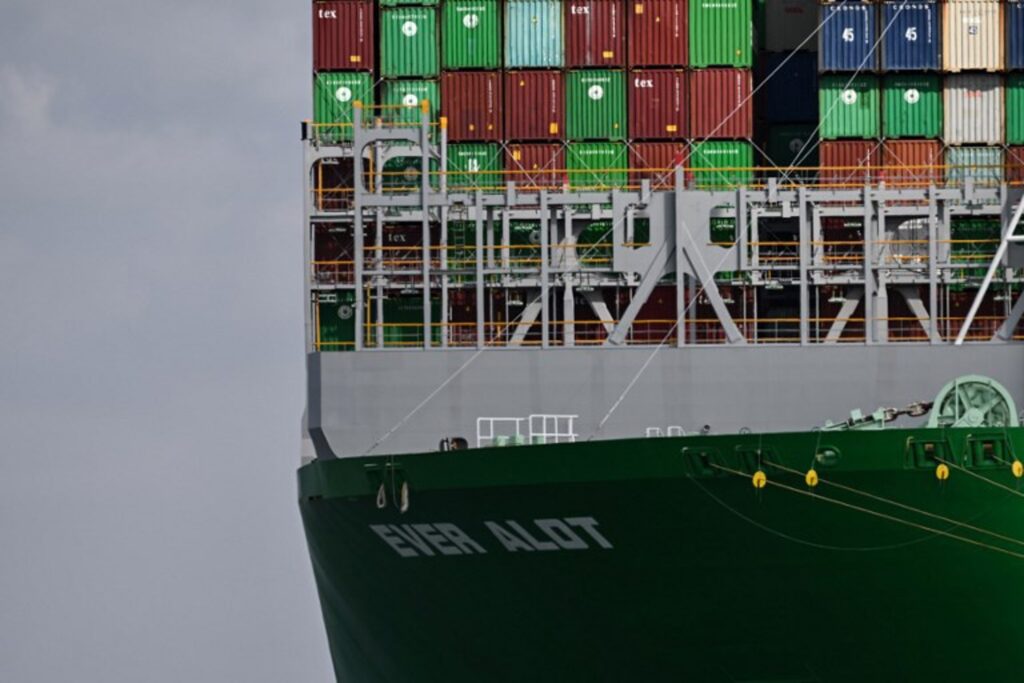The 176 Member States of the International Maritime Organisation (IMO), the maritime division of the United Nations, gather in London from Monday to Friday to discuss the greening of the shipping industry.
Binding measures to achieve climate neutrality by 2050 are on the table, although specific details are yet to be finalised.
Like the aviation industry, shipping is excluded from the framework of the Paris Agreement. The sector, currently reliant on highly polluting heavy fuel oil, accounts for approximately 3% of global greenhouse gas emissions.
In July 2023, the IMO adopted a strategy to become climate neutral by 2050. An agreement on the exact path to reach this goal is still pending.
Proposals include a pricing mechanism for greenhouse gas emissions and a fuel standard for alternative, zero-emission fuels. There is uncertainty over how the funds should be used; options include making zero-emission fuels more affordable or supporting poorer nations in their fight against climate change.
If all 176 countries, including the United States, reach an agreement, this would be the first sector to set binding reduction targets for itself.
With Donald Trump in the White House, the stance of the Americans in the negotiations is highly anticipated. Analysts remain optimistic, noting the United States has a limited merchant fleet and shipping is inherently a global industry.

